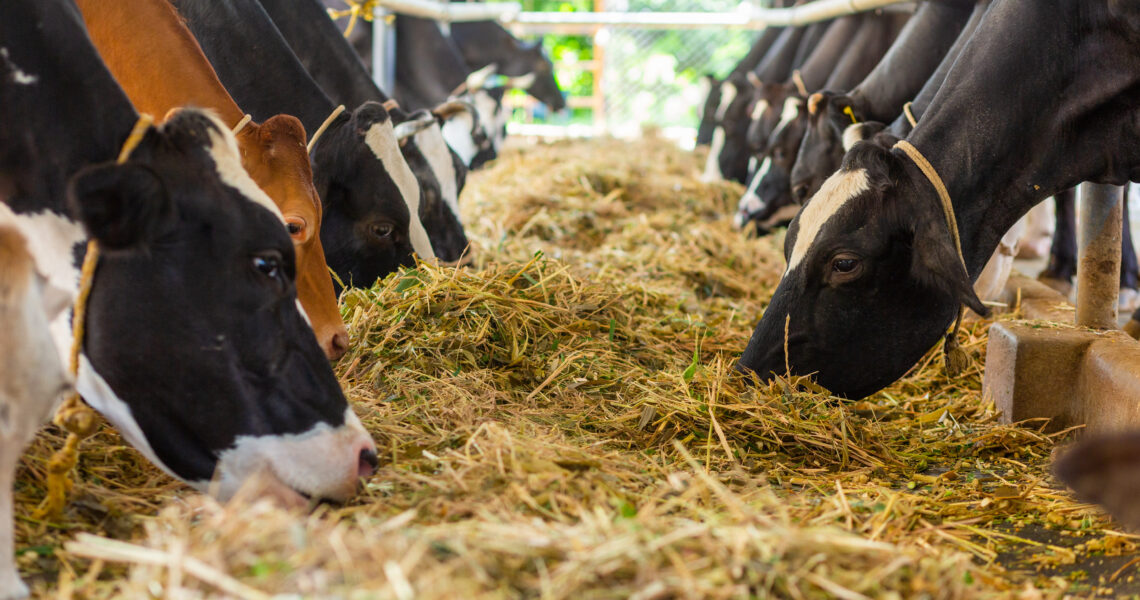



Article by: Hari Yellina
A dairy cow’s diet does not consist solely of grain. If this were true it would be as if people just ate meat and potatoes — not only would this be extremely dull, but it would also be nutritionally deficient. To be healthy and produce a strong calf and high-quality milk, a cow needs a wide variety of feed components. Its rations must be changed based on her age and when she is in her breeding/milking cycle: Young cows, like growing teenagers, require proper nutrition, including age-appropriate calories and protein, in order to promote consistent growth for the future “ladies in the barn.” A cow, like any new mother, needs particular nutrition after giving birth in order to rebuild her strength and bodily condition.
Nevertheless, there are a few items that must not be given as feed. They are:
A new illness was discovered in cattle in the United Kingdom in 1986. Cows would walk oddly and frequently fall over, then display signs of hostility, anxiousness, and frenzy. Mad cow disease (which is a lot easier to remember than ‘transmissible spongiform encephalopathy’) was born as a result of this. It was later discovered that humans who ate the contaminated foodstuff developed neurological symptoms as well. Now, fast forward to the present day, in Australia, it has been prohibited to feed ruminants any material derived from a mammalian animal other than tallow, gelatin, or milk products since 1996. Recycled cooking oil can be fed, but only from sources that are members of the Australian Renderers Association.
If you’re pruning all of your cypress trees at the same time, don’t allow your cows to eat the trimmings. Cattle miscarriages are caused by pine and cypress trimmings, and it only takes a few late pregnant recipient cows to lose their high genetic embryos. People often say that animals instinctively ‘know’ what they need and will not eat things that are harmful to them. Unfortunately, this does not seem to be the case with cattle.
Excess produce can sometimes be found on dairy farms. It is, however, critical to ensure that the potatoes given as feed are of a size that will not become trapped in the cow’s throat. To avoid bloating, cows must pass gas.